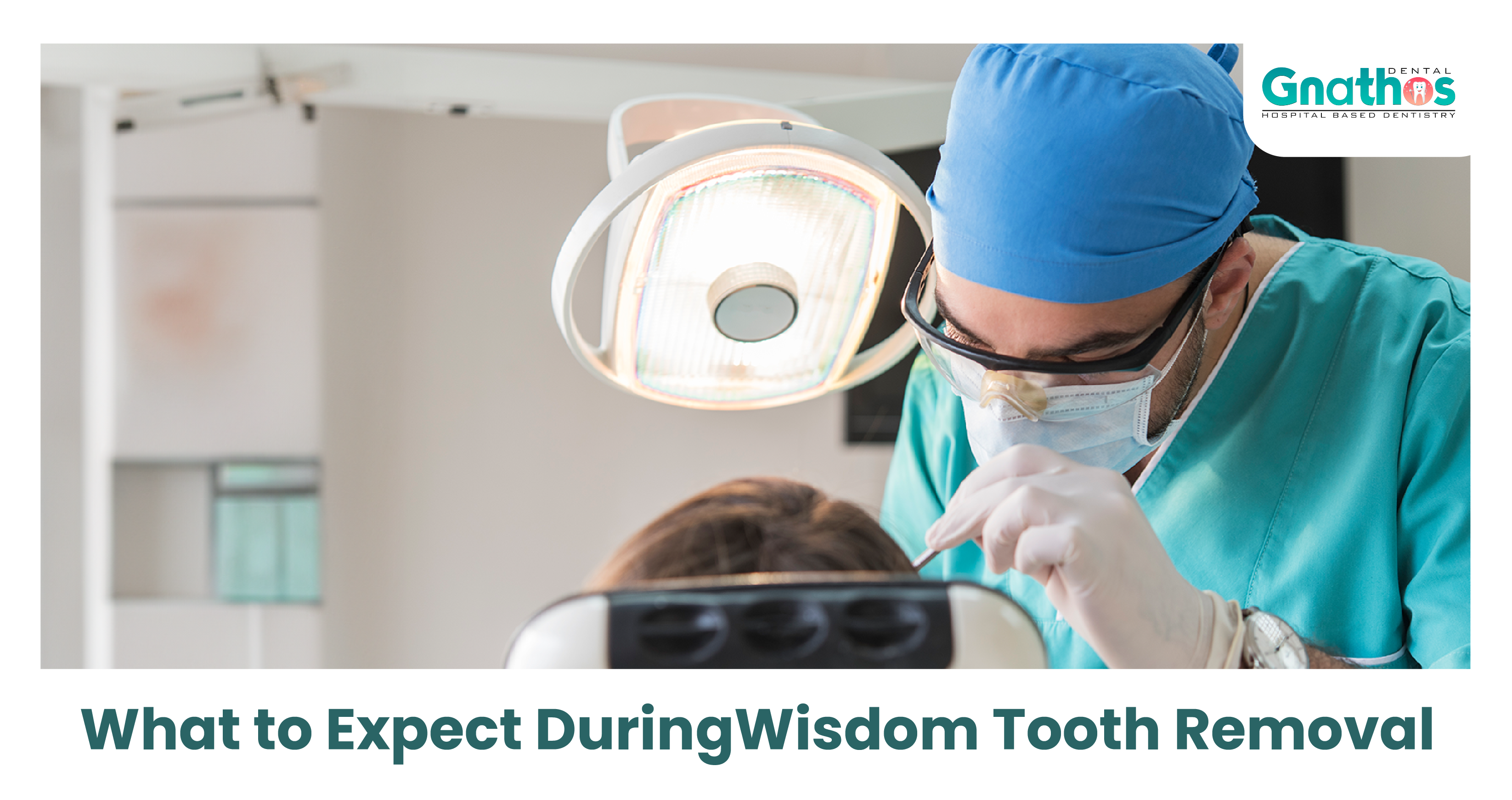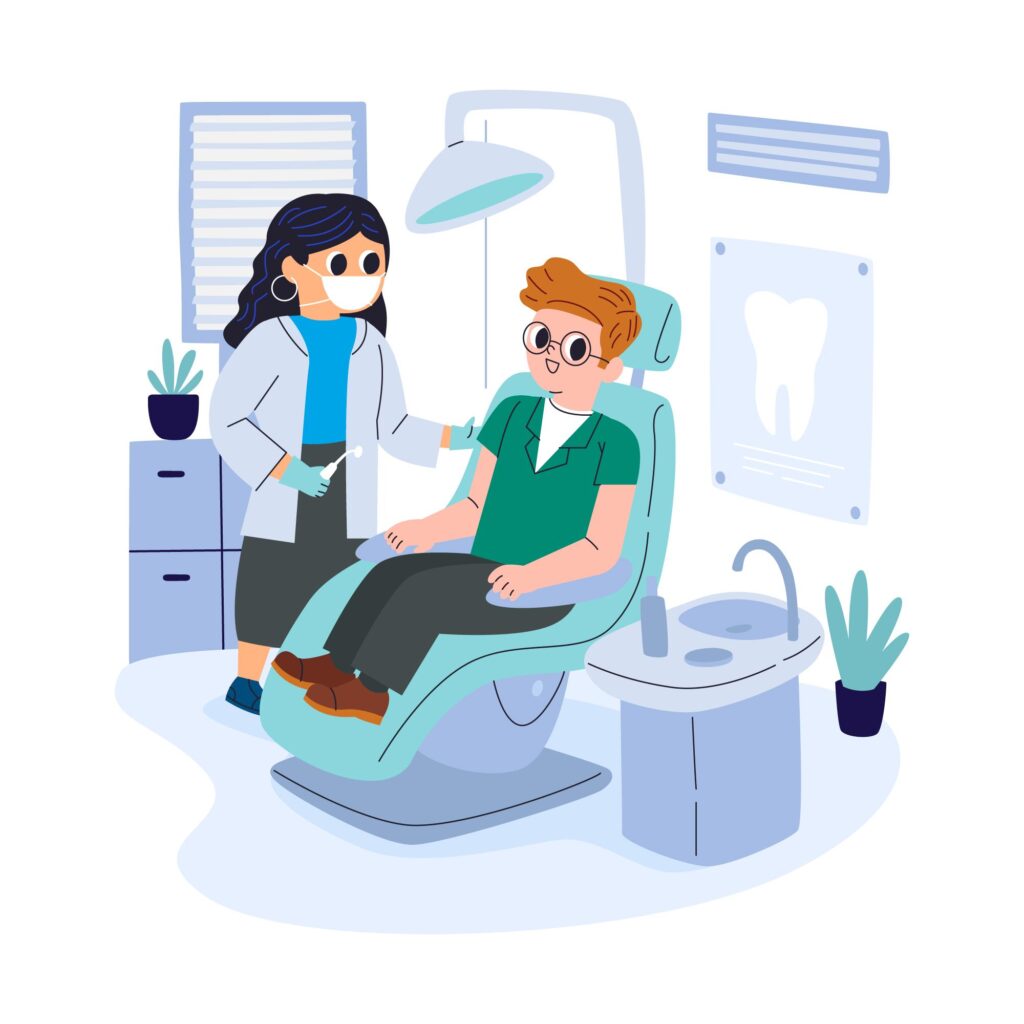
What to Expect During Wisdom Tooth Removal: A Step-By-Step Guide
Do I really need my wisdom teeth pulled out? It is a typical question, and the answer is not clear most of the time. Research done in the Dental Press Journal of Orthodontics showed that dentists advise 59% of their patients to take out wisdom teeth even if they do not feel any pain at all. Many people think they do not require the extraction of their wisdom teeth even as they do not experience any problems. However, these third molars can be a source of unseen issues such as infections, crowding, or decay, even if they appear to be harmless.
In this guide, you will learn why you need to extract your wisdom tooth, what the symptoms are, what the process entails, and how to ensure a comfortable recovery. Knowing what to expect can help you make the right decision for your oral health, whether your wisdom teeth are giving you trouble now or in the future.
Understanding the Need for Wisdom Tooth Extraction
There could be no pain and no bleeding, and therefore, you may want to keep your wisdom tooth. But it’s not always that simple. Asymptomatic third molars, which are not painful or cause any apparent issues, can cause problems later.
Wisdom teeth are the last teeth to come out. In some cases, they do not have sufficient space to develop, and this leads to crowding, infections, cysts, or damage to the other teeth. Partially erupted or impacted wisdom teeth might not cause pain right now, but they can lead to more serious issues down the line. This is why dentists may advise that they be pulled out even if they seem to be in good health at this time. It is always wise to consult your dentist to establish whether or not you need to extract the teeth, depending on your case.
Signs You Need Your Wisdom Teeth Taken Out
There are many factors that people have to consider when it comes to deciding when to have their wisdom teeth extracted. Talk to your dentist, who will assess your teeth and may take some imaging tests to see the condition of your wisdom teeth and whether they pose any potential risk. You may need to have your wisdom teeth removed if you experience:
- Pain near your wisdom teeth
- Frequent infections of the soft tissue located behind the lower last tooth
- Fluid-filled sacs (cysts)
- Tumors
- Damage to nearby teeth
- Gum disease
- Widespread tooth decay
Risks and Complications
The extraction of the third molars is not very risky, and complications are uncommon. However, in some rare cases, potential issues might arise,
- Infection
- Dry socket
- Injury to adjacent structures within the oral cavity, such as the jaw, nerves, sinuses, or other teeth.
Procedure of Wisdom Tooth Extraction
Your dentist will decide which of the two methods to use depending on the position and state of your wisdom teeth. There are two main types of extraction:
- Non-Surgical Extraction: This is for the wisdom teeth, which are fully erupted and are visible in the oral cavity. The process is quite straightforward and does not involve surgery where the dentist has to go under the gum line.
- Surgical Extraction: When the teeth are only partially erupted, fully trapped in gum, or misaligned, a surgical procedure is required. Your dentist will use sedation or anesthesia to numb the area that is to be operated on. The gum will be cut, the tooth can be extracted whole or in parts, and the gum will be sutured.
Preparation for Surgery
In preparing for your wisdom tooth extraction, your oral surgeon will first assess your teeth and take dental X-rays to determine the position of the teeth. When you are visiting the doctor, do not forget to tell him or her about any medications, vitamins, or supplements you are using.
Your surgeon will also explain to you the various anesthesia options available, including local, nitrous oxide, intravenous, or general. Depending on your requirements and preferences, they will suggest what is most suitable for you for painless wisdom tooth extraction.
If you are to undergo IV sedation or general anesthesia, you will be given guidelines on how to prepare for the procedure, such as not eating after midnight before the surgery and stopping some medications a few days before the surgery.
What Happens After Wisdom Teeth Removal?
You may feel some pain, slight bleeding, and swelling after the extraction of your wisdom teeth. Your dentist will explain these side effects and will advise you on how to proceed. After the sedation effect has worn off, you will be free to go home.
To manage pain and discomfort after extraction, your dentist will give aftercare instructions and guidelines according to your unique requirements. General things that you can do to tackle pain include:
- Use an ice pack to help with swelling.
- Ensure that the extraction sites are clean.
- Take the painkillers and other medications as advised by your dentist.
- Do not use a straw because it may hinder the healing process and cause a dry socket.
- Avoid alcohol, smoking, and any products containing carbonated substances.
- Skip exercise or activities that apply pressure on the mouth.
Inflammation and pain reach their highest levels on the third or the fourth day and then start to subside. If there is an increase in the symptoms after four days, it is advisable to consult your surgeon because it may be an infection that requires antibiotics.
Wisdom Teeth Removal Recovery
In most cases, patients can go back to work within a few days following the treatment, but for complete wisdom teeth removal healing, it may take up to six weeks. At this time, do not engage in any activities that require a lot of energy; follow your surgeon’s instructions on aftercare and arrange follow-up sessions with your dentist in case of any discomfort.
Diet After Wisdom Tooth Extraction
During recovery, stick to soft foods for the first three to five days that don’t require chewing, such as:
- Yogurt
- Broths and soups
- Banana
- Ice cream
- Pureed foods
- Smoothies
After some recovery, you can start consuming more solid foods gradually as you feel comfortable, like oatmeal, mashed potatoes, scrambled eggs, soft pasta, etc.
However, there are certain foods that you should not take at all until you are fully recovered. These can irritate your gums or hinder the healing process, including:
- Acidic fruits (oranges, tomatoes)
- Soft drinks (sodas, sparkling water)
- Hard seeds, nuts, popcorn
- Difficult-to-chew candies (taffy, caramels)
- Spicy foods
- Hot drinks
Financial Considerations
Wisdom teeth removal cost depends on the difficulty of the procedure, the need for sedation or anesthetic, and your geographical location.
In general, the non-surgical removals of teeth are cheaper than the surgical removals of the impacted teeth.
Be sure to discuss payment options and insurance coverage with your dentist before the procedure to understand your financial responsibilities.
Summing Up
A healthy smile starts with proactive dental care, and addressing wisdom teeth early can save you from bigger dental problems in the future. So, to protect your smile from the risk that these third molars pose, we have covered everything you need to know about wisdom tooth extraction in this step-by-step guide. Armed with this knowledge, you can make better and more informed decisions about your oral health and handle wisdom tooth removal with confidence.
But how do you take the first step? It is important that you seek advice from a professional oral surgeon in order to get the right advice on what to do with your wisdom teeth.
If you are looking for an expert wisdom tooth operation in Hyderabad, Gnathos Dental is here to help. With a highly experienced and skilled team and the latest technologies, you get the best care personalized to your needs. We don’t neglect our patients after treatment; from consultation sessions to after treatment, you will always find us and our expert care beside you.
Schedule a visit today and take your first step toward safeguarding your smile.


